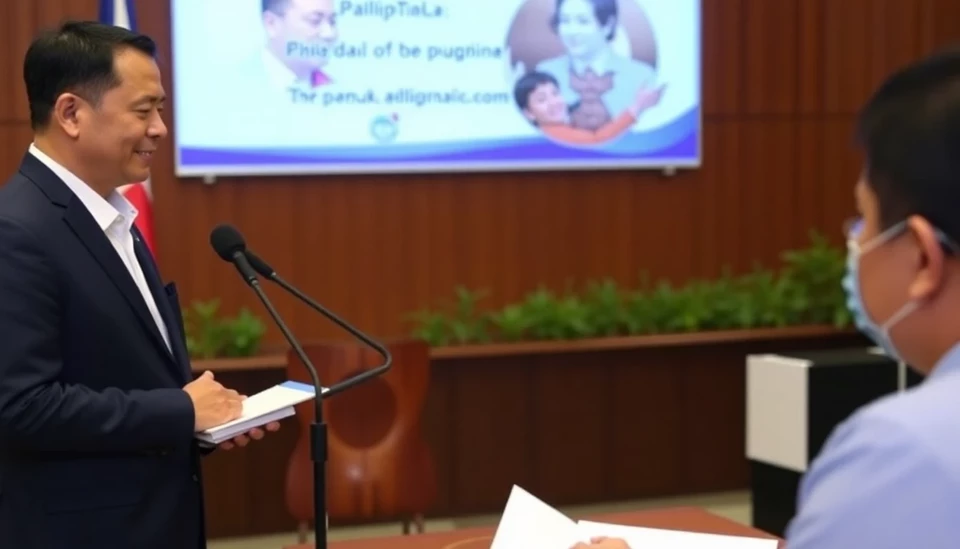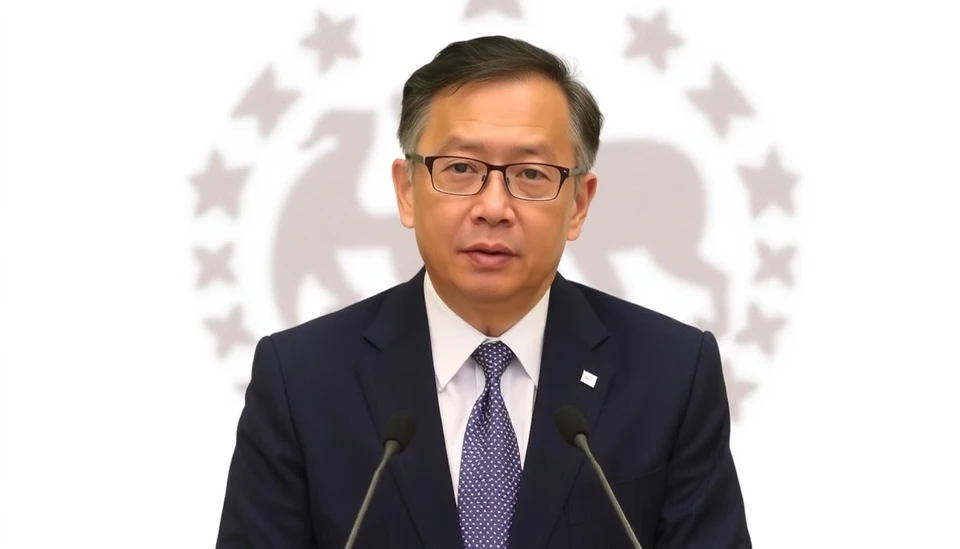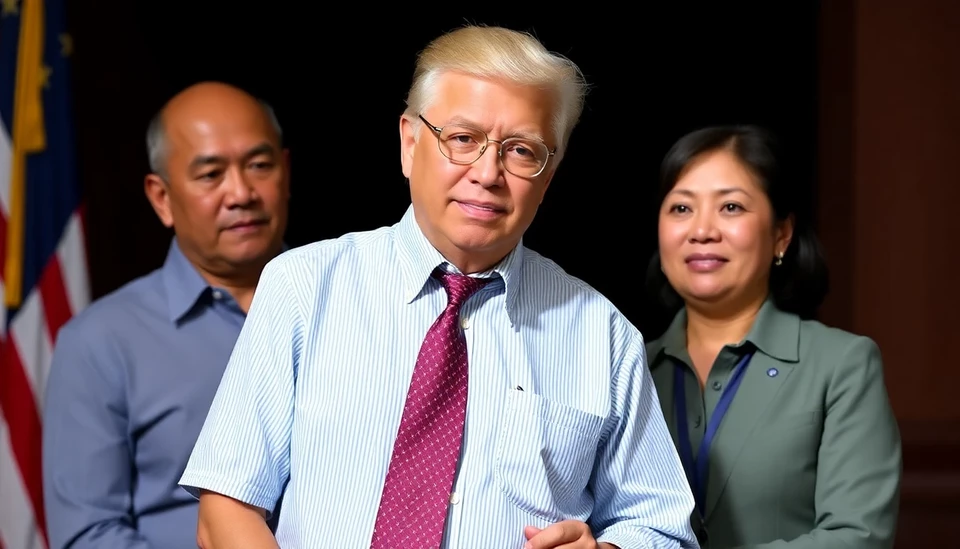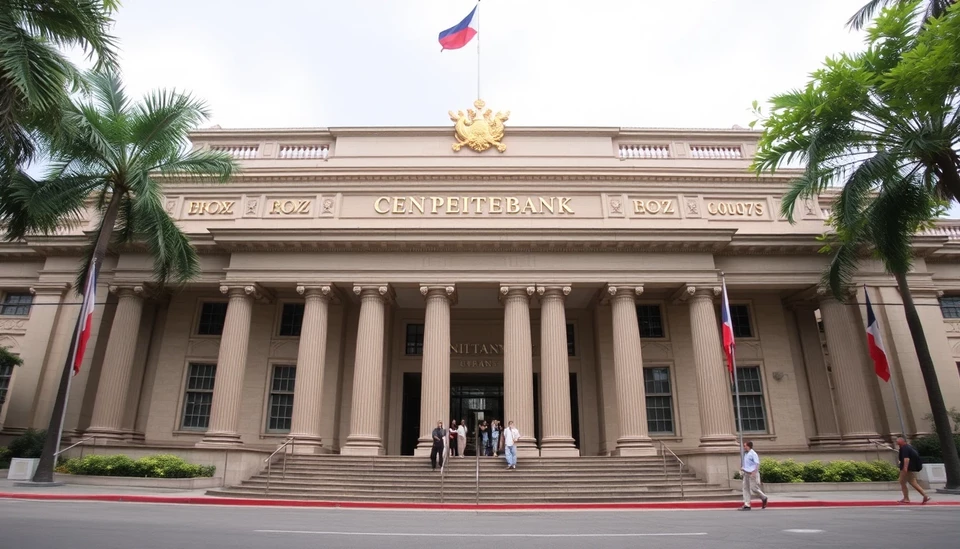
In a significant move for the country’s financial planning, Philippine President Ferdinand Marcos Jr. has officially signed the national budget for 2025, amounting to ₱5.5 trillion ($97 billion). This decision, confirmed by the Department of Budget and Management (DBM), aims to bolster the nation’s economic recovery and enhance infrastructure development, education, and health services.
While the comprehensive budget proposal received the green light, President Marcos exercised his power of veto on specific allocations he deemed unnecessary or excessive. His administration is focusing on a streamlined approach to ensure the efficient utilization of government resources, directing funds towards priority projects that align with national development goals.
The approved budget reflects a 9% increase compared to the previous year, a move that economic leaders believe will stimulate growth and improve the overall economic environment. Key sectors such as infrastructure, agriculture, and social services are set to receive significant investments, further underlining the administration’s commitment to sustainable development.
Part of the budget strategy includes a substantial allocation for transportation projects, which aims to alleviate traffic congestion and enhance connectivity across the archipelago. Additionally, education and healthcare sectors are also major beneficiaries, reflecting the government's priority in improving the quality of life for Filipinos.
However, President Marcos's veto of certain funding instances has raised eyebrows among various stakeholders who advocate for increased funding in specific areas. Critics argue that certain allocations, particularly those targeting capacity-building programs and local government support, were unjustly rejected, raising concerns about the potential repercussions on grassroots development initiatives.
Despite these concerns, the Marcos administration remains firm on its budgetary adjustments, emphasizing the need for fiscal responsibility and ensuring that taxpayers' money is carefully allocated to projects that guarantee the greatest return on investment for the Filipino people. The DBM is set to release a detailed account of the amendments and adjustments made as part of this approval process.
The signing of the 2025 budget marks a pivotal moment for the Philippine government as it lays the groundwork for economic stability amidst challenges such as inflation and global economic uncertainties. As the nation braces for the forthcoming year, there is both optimism and apprehension about the administration's strategic choices and their potential impacts on the populace.
#Philippines #Budget2025 #MarcosAdministration #EconomicRecovery #InfrastructureDevelopment #SocialServices
Author: Laura Mitchell




